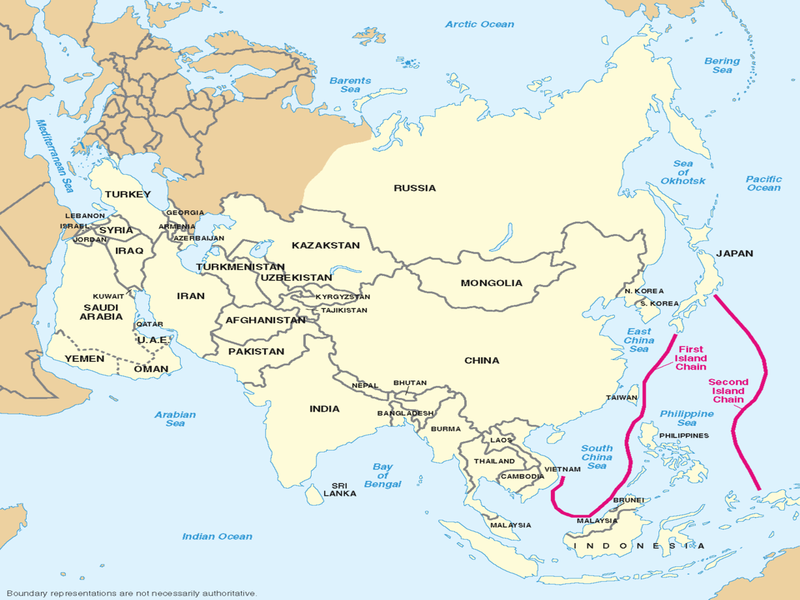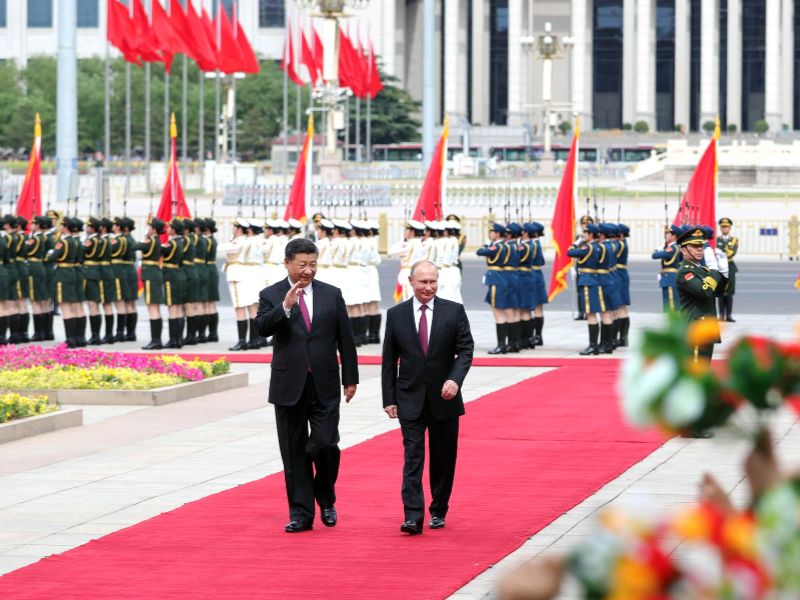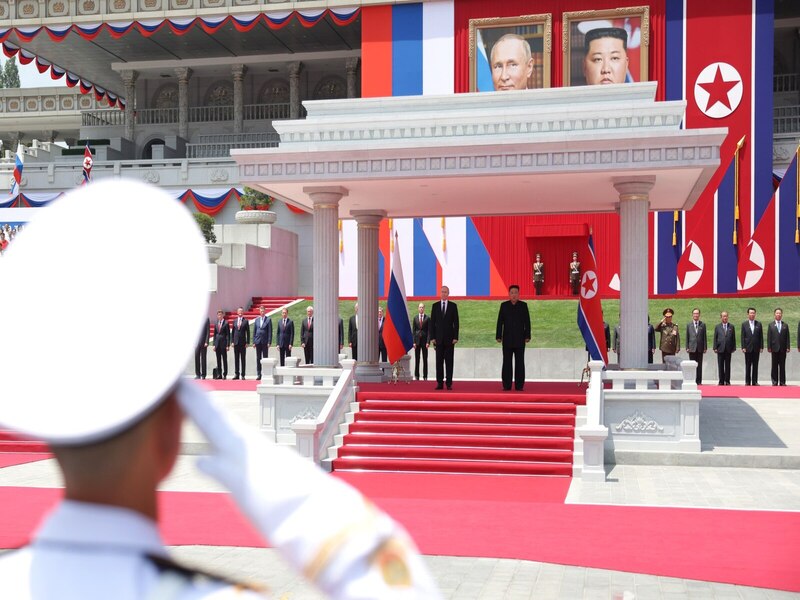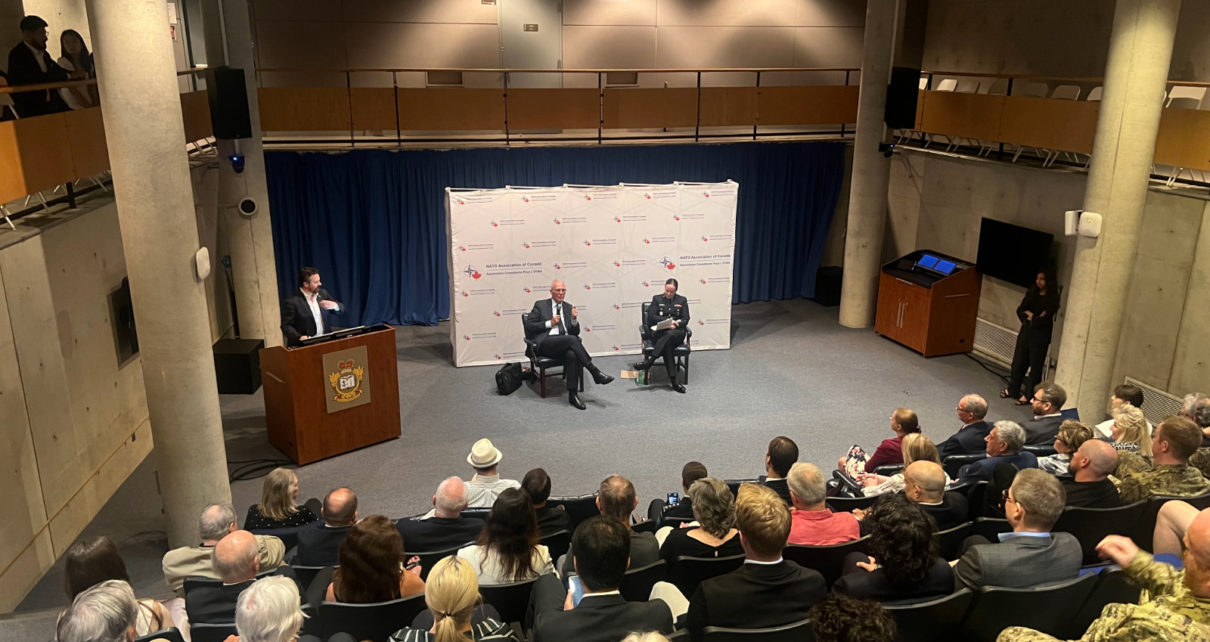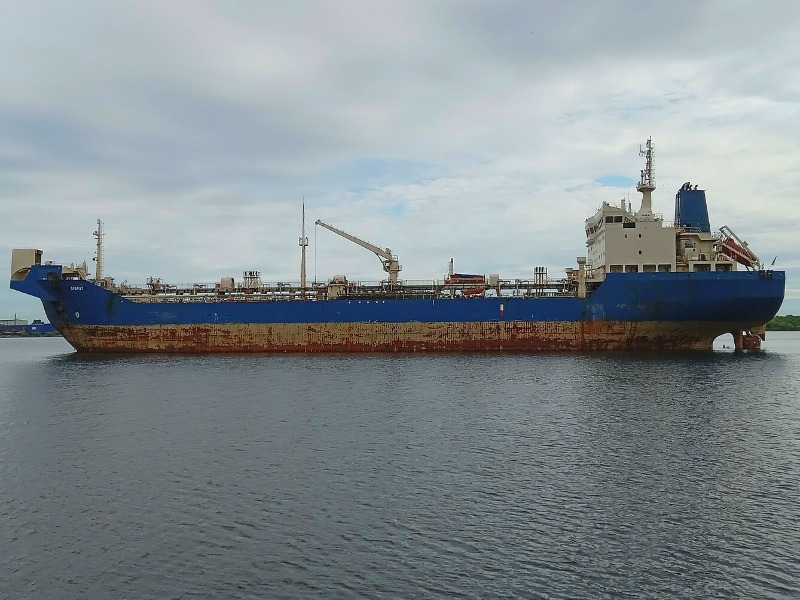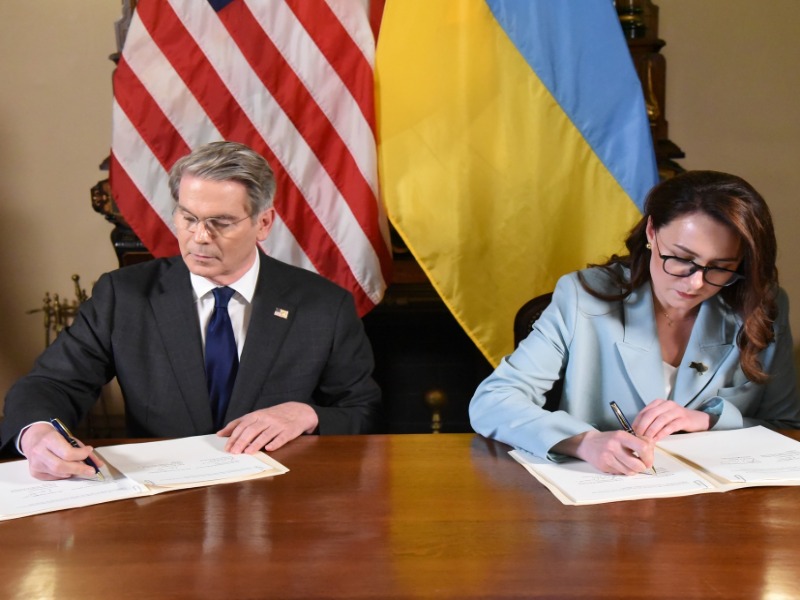In his latest piece, Alexander Morrow highlights how new NATO spending commitments strengthen security in both Europe and the Indo-Pacific. As the alliance rebalances burden sharing, European arms purchases have the potential to bolster the United State’s military industrial base and its ability to deter aggression against Taiwan.
Tag: Ukraine
Strategic Myopia: The Folly of Tariffing China to Halt Russian Aggression in Ukraine
In Strategic Myopia: The Folly of Tariffing China to Halt Russian Aggression in Ukraine, Daniel Lincoln argues that proposed secondary sanctions on China would backfire by hurting Western economies more than Beijing. Drawing on data and historical parallels, he contends that China’s vast domestic market, diversified trade networks, and resilience to sanctions make economic coercion ineffective. Instead, he maintains that NATO should focus on understanding Beijing’s strategic calculus and pursue policies that engage rather than alienate China.
Beyond the Front Line: Lessons from Ukraine’s Digital Battlefield
During Russia’s invasion of Ukraine, the world was given yet another case to underscore how cyberspace has become a battlefield. In January 2022, researchers uncovered Whisper Gate, a virus that corrupted the master boot record on targeted computers. Following on to February, another malware, Hermetic Wiper, erased data hours before the Russian invasion. Banks, ministries Read More…
North Korea and Russia: A Growing Military Alliance with Global Implications
As Russia and North Korea deepen their military alliance, the threat spans from Kyiv to the Korean Peninsula. To meet this global challenge, NATO and South Korea must strengthen defence ties and industrial cooperation.
Science, Technology, and Strategic Foresight: Strengthening NATO for a Complex Future
This year was a big moment for science and technology (S&T) within NATO. On July 1, 2025, the Alliance designated Steen Søndergaard as its new Chief Scientist, taking over from Dr. Bryan Wells in order to bring a fresh approach to NATO’s S&T efforts. At the 2025 NATO Summit at The Hague, the Allies agreed Read More…
NATO’s Defence Spending Surge Is a Smart Move – But Can Europe and Canada Keep Up?
In June 2025, during the NATO summit in The Hague, the alliance agreed to a massive increase in defence spending, committing to reach the 5% goal by 2035. This article examines why Canada and the EU must match their rhetoric with resolve and highlights effective avenues for achieving higher defence investment.
The Authoritarian Drift of Trump’s Second Term
With 142 executive orders signed in just 100 days, President Trump’s second term opened with a rapid consolidation of executive power. The orders targeted such key areas as border enforcement, foreign aid, and commitments to international institutions. Immigration policy quickly emerged as a key instrument of executive overreach. Building on the hardline stance of Donald Read More…
In Conversation with The Honourable Bill Blair and Lieutenant-Colonel Melanie Lake: Reflections on Canada’s Support for Ukraine
On July 11, 2025, the NATO Association of Canada, in partnership with the Ukrainian War Veterans Association of Canada and the Canadian Forces College Foundation, organized a discussion focused on Canada’s military support for Ukraine. This publication provides an event summary and reflects on the need for sustained support for Ukraine’s resistance to Russian aggression, alongside the importance of strengthening Canada’s own military capabilities.
Financing the enemy: The limits of NATO’s strategic decoupling from Russian fossil fuels
Despite vocally supporting Ukraine, between February 2022 and February 2025, NATO countries paid more to Russia for energy imports than they provided in aid to Ukraine. This article analyzes the limits of NATO’s strategic decoupling from Russian fossil fuels and proposes concrete steps the alliance as a whole, and Canada in particular, should take to tackle this problem.
The U.S.-Ukraine Mineral Deal: Economic Commitment and America’s Stake in the Euro-Atlantic Future
This article analyzes the U.S.-Ukraine mineral deal – a diplomatic success for Ukraine that nonetheless signals a transition to a more restrained U.S. approach to global defense. It argues that other NATO members must step up to safeguard collective security and work toward fostering mutually beneficial economic cooperation within the alliance.

